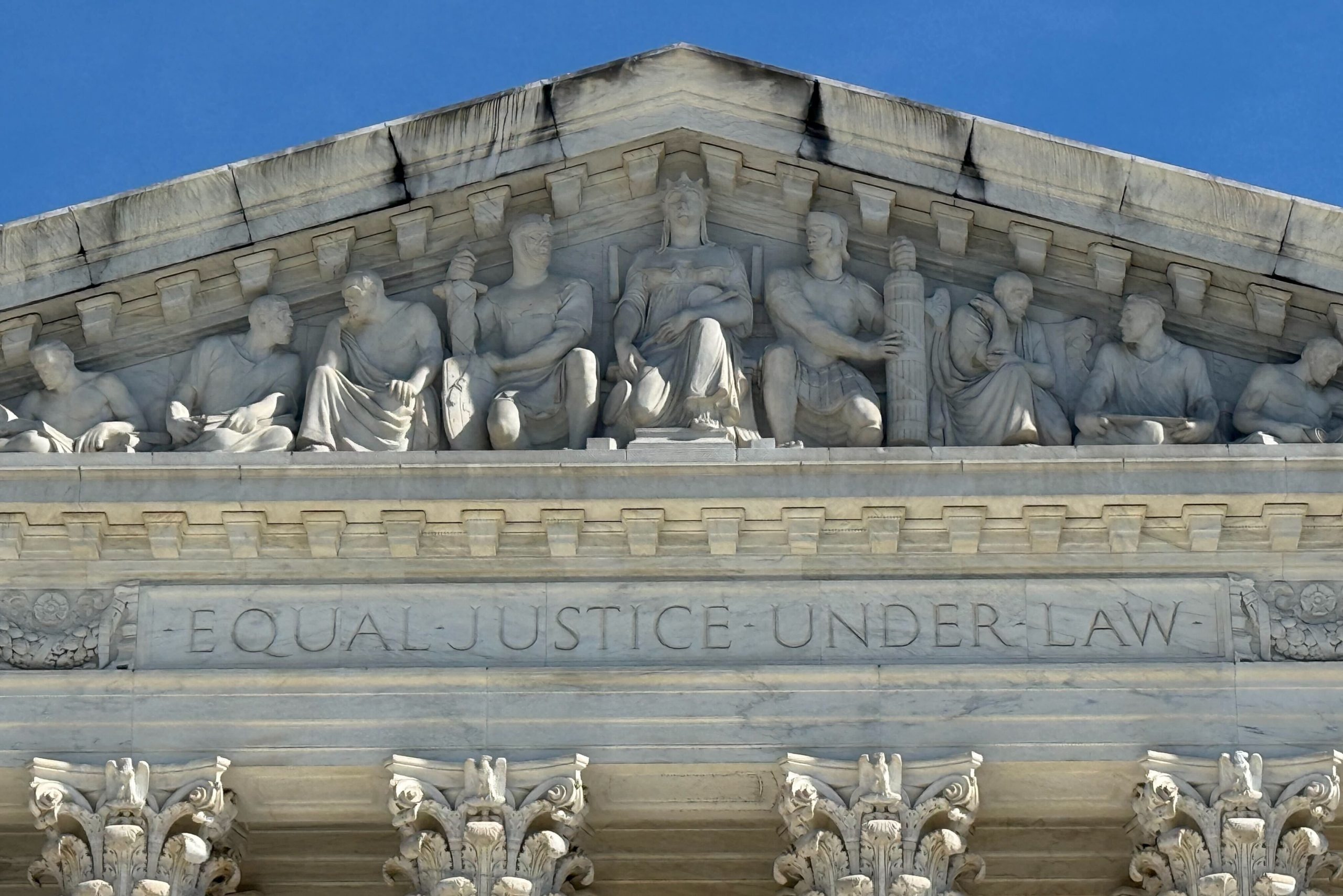Parents are awarded equal parenting time
Parents awarded equal parenting time.
Tennessee child custody case summary on parenting time in divorce and family law.
Harold C. Bowden, IV v. Amber Crutcher
The parents in this Sumner County, Tennessee, case met on Instagram and dated briefly before breaking up. After the breakup the mother found out that she was pregnant. The father filed a request to establish parental status. After hearing numerous motions, the trial judge adopted a parenting plan that granted equal parenting time. The father appealed to the Tennessee Court of Appeals, raising a number of issues, including whether he should have been granted more parenting time. The father brought an appeal to the Tennessee Court of Appeals, raising a number of issues, including whether he should have been granted more parenting time.
The appeals court began by noting that parenting arrangement decisions are factually driven, and the trial court has a great deal of discretion, since the trial judge is able to observe witnesses and make credibility determinations.
The father argued that a 50/50 split of parenting time was not appropriate in the case. The appeals court agreed with the trial court’s rulings regarding the various statutory criteria. The appeals court noted that the majority of the statutory criteria in this case were the same, and the same number favored both parents. Therefore, it held that case was not applicable. Under the facts of the case, the Court of Appeals held that the trial court had acted within its discretion.The husband also argued that the trial court had miscomputed the mother’s income for purposes of determining child support. The trial court found, however, that the lower court acted correctly. This request was granted but the mother received custody on every 4th July holiday. The father requested alternate visitation because he was “an American”. The trial court struggled to decide because it did not want to send the message that one holiday is African American and the other is a white holiday. The court divided them anyway. The Court of Appeals affirmed that the result “was neither illogical, illegal, nor unjust.”






